Tutors: David Littlefield (course leader), Dusan Decermic, Tomazs Dancel-Fiszer, Matt Haycocks, Bruce Irwin, Maja Jovic, Debby Kuypers, Lola Lozano Lara, Irene Roca Moracia, Paresh Parmar
David Littlefield is Senior Lecturer and has written, co-written and edited more than 10 books on architecture and cities. His research focuses on authenticity, heritage, regeneration and notions of place and he is presently undertaking a PhD into the representation of authenticity.
Tomasz Dancel-Fiszer is an architect and associate at MJP Architects with involvement spanning from masterplanning to detail design.
Dusan Decermic is an architect who engages with both theoretical and design practices in architecture and interior design. He set up his own practice, arclab, in 1999 and has worked with numerous clients, including the Royal National Theatre and fashion designer Issey Miyake.
Matt Haycocks is Senior Lecturer, designer and maker. His research concerns domestic and family photography, the historicisation of public space and the politics of place-making and branding.
Bruce Irwin is a designer, teacher and curator, and is founder and co-director of SCAN Projects.
Maja Jovic is lecturer in architecture, planning and tourism. Her research investigates how conflict and national identities re-shape destinations.
Debby Kuypers is an architect, and joint founder/director of RFK Architects, an architecture and design practice based in London that specialises in retail, commercial and art/museum projects.
Lola Lozano Lara graduated from the Architectural Association, where she is currently enrolled as PhD candidate. She teaches architecture at various UK universities and is founding director of the research and practice project Forms of Living.
Irene Roca Moracia is an architect and design researcher who experiments with materials and spaces generated by overproduction and the environmental crisis. She has worked for Dominique Perrault and LVMH.
Paresh Parmar is a project architect at Holloway Li, an architecture and interior design practice specialising in residential, hospitality and retail throughout London and China.
Westminster’s MA Interior Architecture promotes a speculative approach to spatial design that is rooted in theory and the world of ideas; those ideas, however, are deployed to confront contemporary questions and challenges. The MAIA programme, therefore, is both conceptual and pragmatic; experimental and rigorous. With a special focus on People and Place, the course encourages students to develop a deep sympathy for the needs and aspirations of the users of a space, as well as a sensitivity towards (and response to) physical and social contexts.
Located within the School of Architecture + Cities in central London, students are taught and guided by research-active and industry-experienced staff. Increasingly international and ever growing, this sought-after Masters programme offers students the opportunity to develop their own pathway and focus on a contemporary issue of special importance to them. The course becomes, therefore, a platform for the student to develop personally and professionally; the outcomes from this approach are rich and diverse. This academic year major Thesis Project investigations include: an enquiry into alternative forms of social housing; the Americanisation of Italian domestic interiors; the potential for using waste rice straw as a building product in India; and the spatialisation and representation of Taoist thought. Such a wide range of themes, sites and processes represents the dynamism and diversity of our students, as well as the freedom and encouragement to embark on design-led adventures here at Westminster.
The MA programme comprises a set of study modules which can be grouped into three categories: theory; technical substantiation; and design. Through our theory modules, students encounter the ideas which underpin the understanding of place and site, including the notion that design and social practices are forms of cultural production; they develop research and critical thinking skills, including the use of precedent study and design method. Supported to achieve a high degree of technical proficiency in their work, students are encouraged to take full advantage of our well-equipped workshops and digital craft facilities, before developing their own major project through either a design proposition or a written thesis. Within a critical pedagogical agenda we challenge students to strive for a rich, mature synthesis of their learning, a process aimed to prepare them (academically, professionally and personally) for the challenges of a complex world.
For more details on the course and how to apply please visit here.
Instagram: @maia_westminster
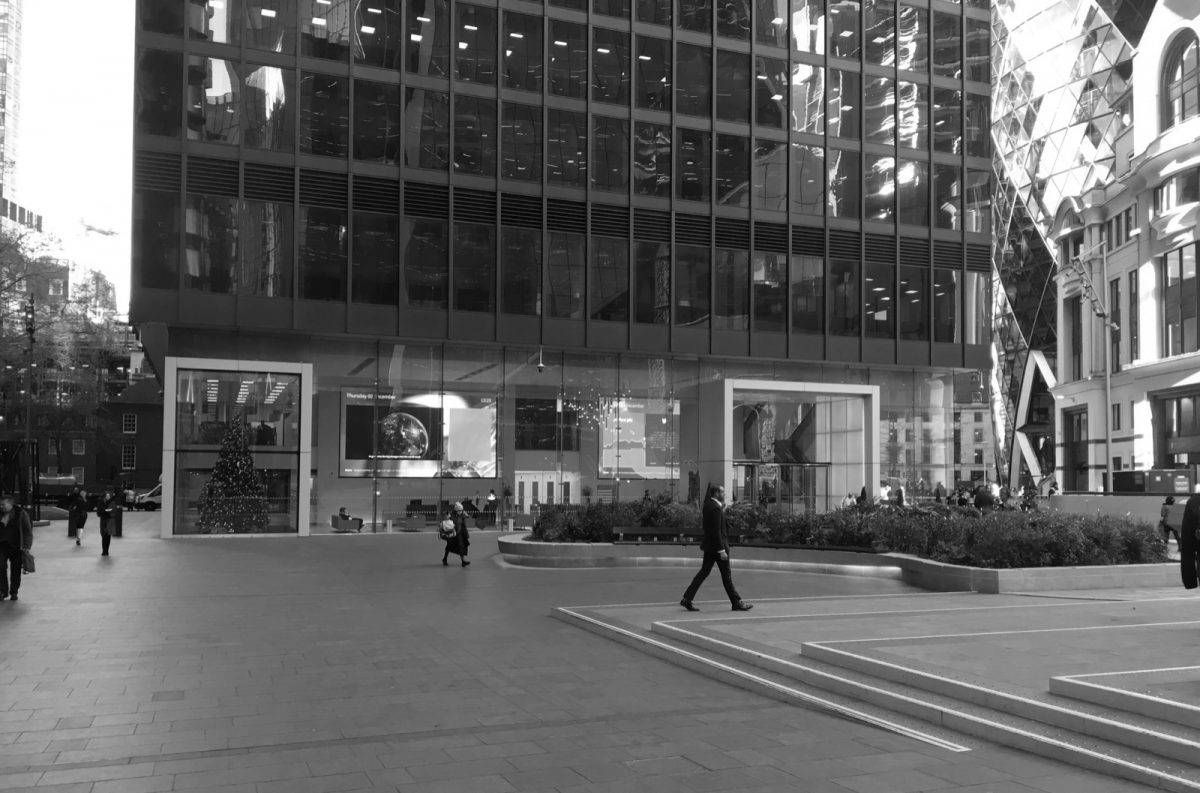
Marina Furlanetto: Glass, Vision and the [un]Intended Consequences of Transparency 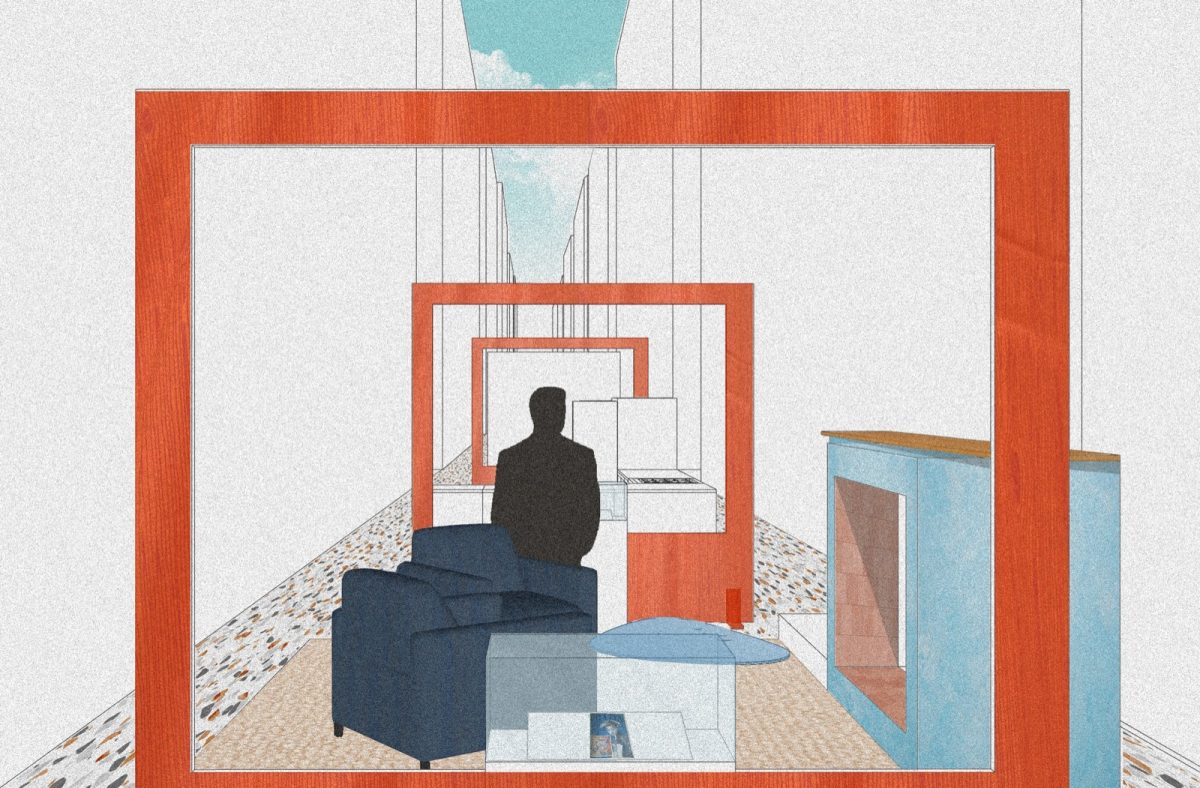
Antonella Vitale: Narrated interiors: Post-war Italian domestic spaces 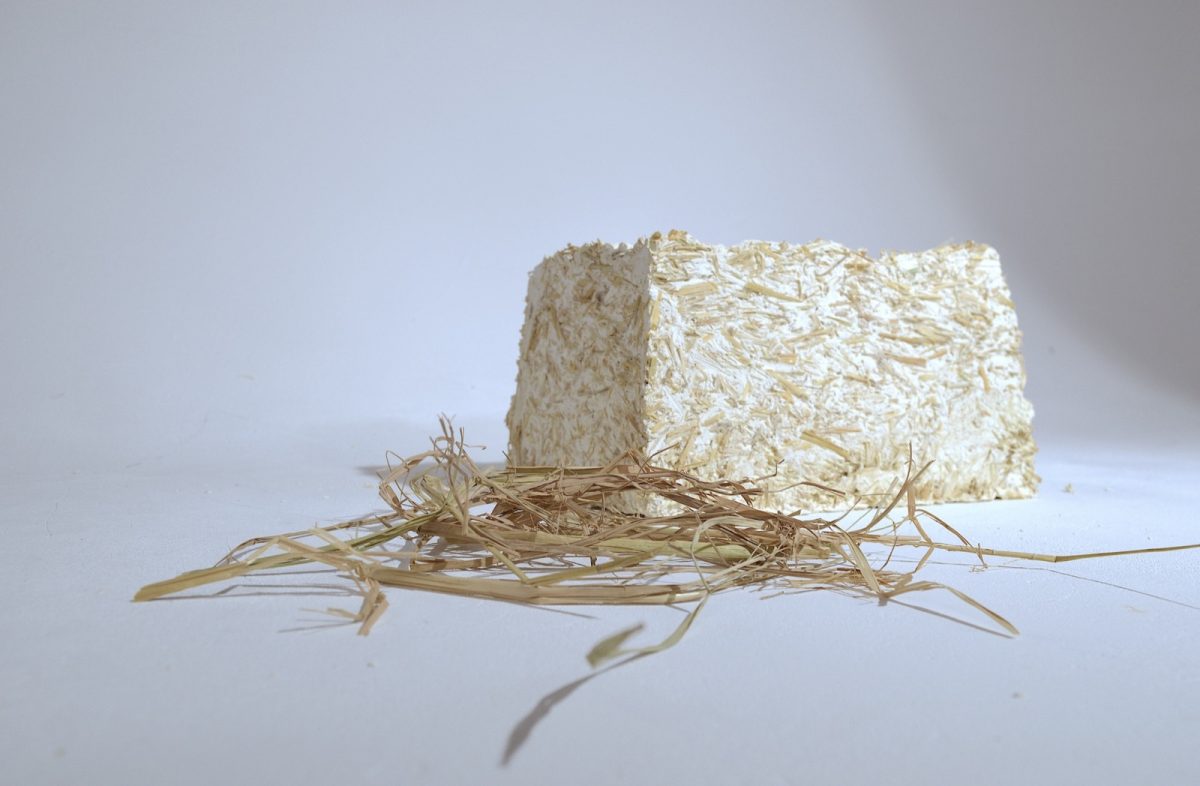
Gurtej Kaur: Ricecrete: A novel approach to solving India’s smog problems 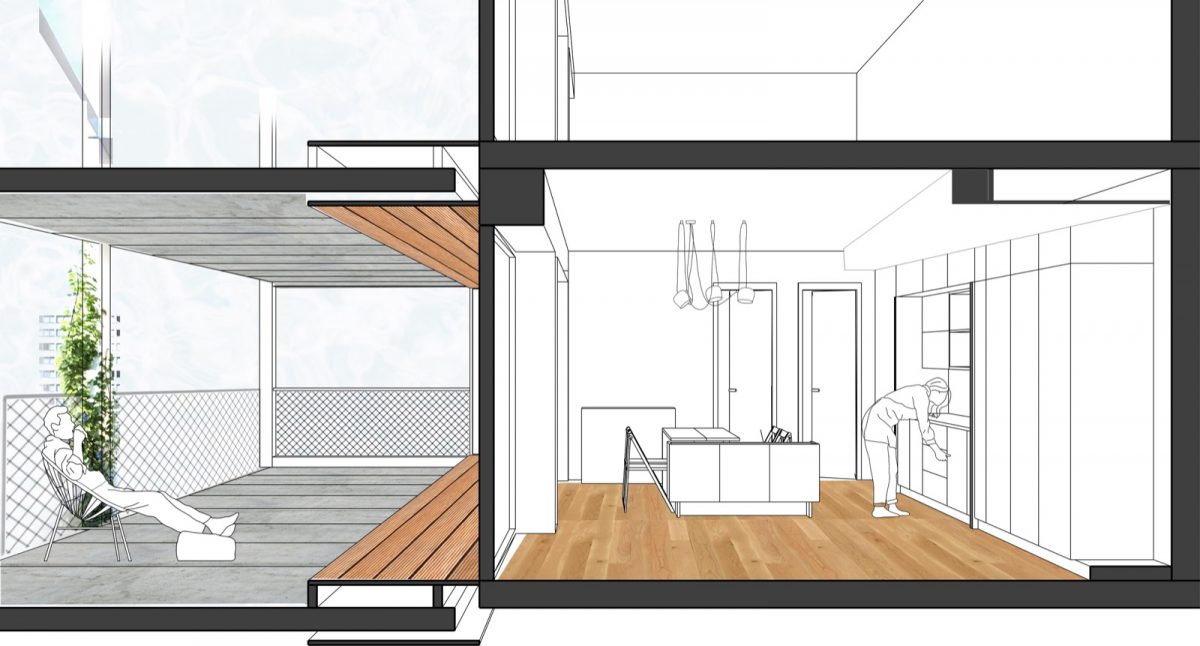
Vanja Ivkovic: Rooms for Everyone: Transcending limits of domestic space in Belgrade 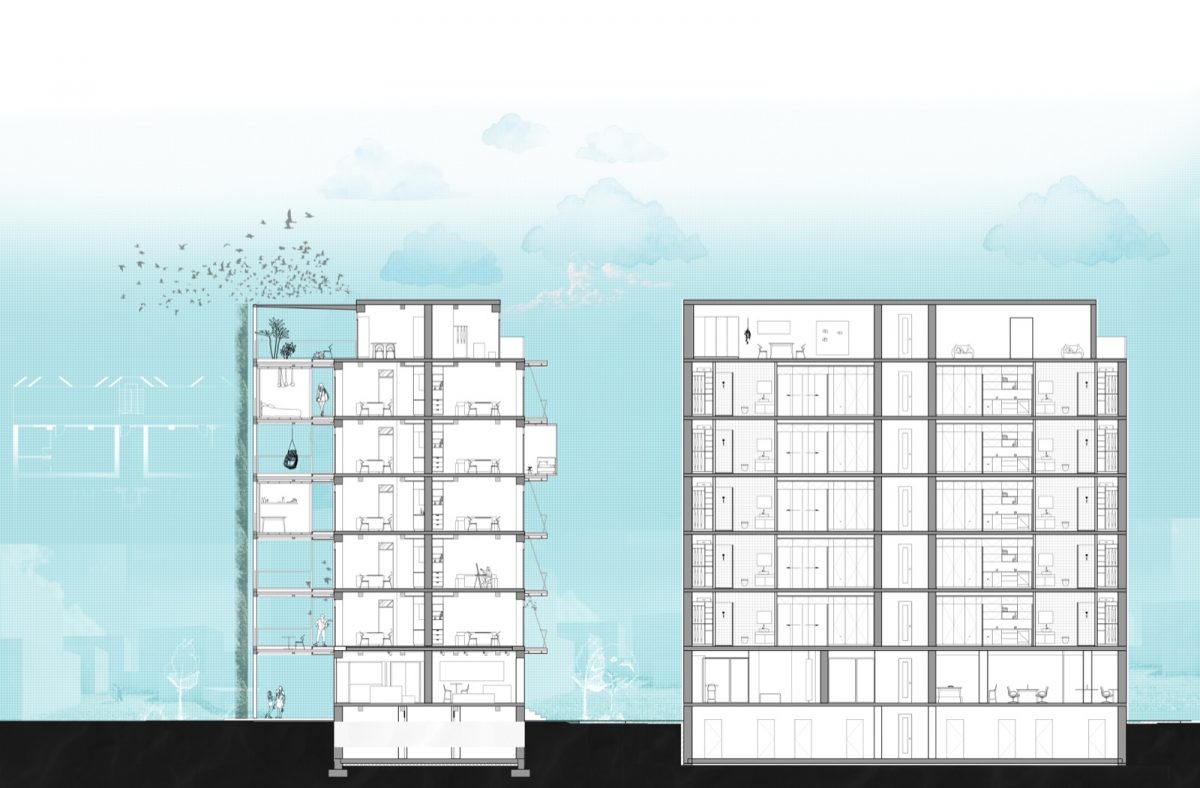
Vanja Ivkovic: Rooms for Everyone: Transcending limits of domestic space in Belgrade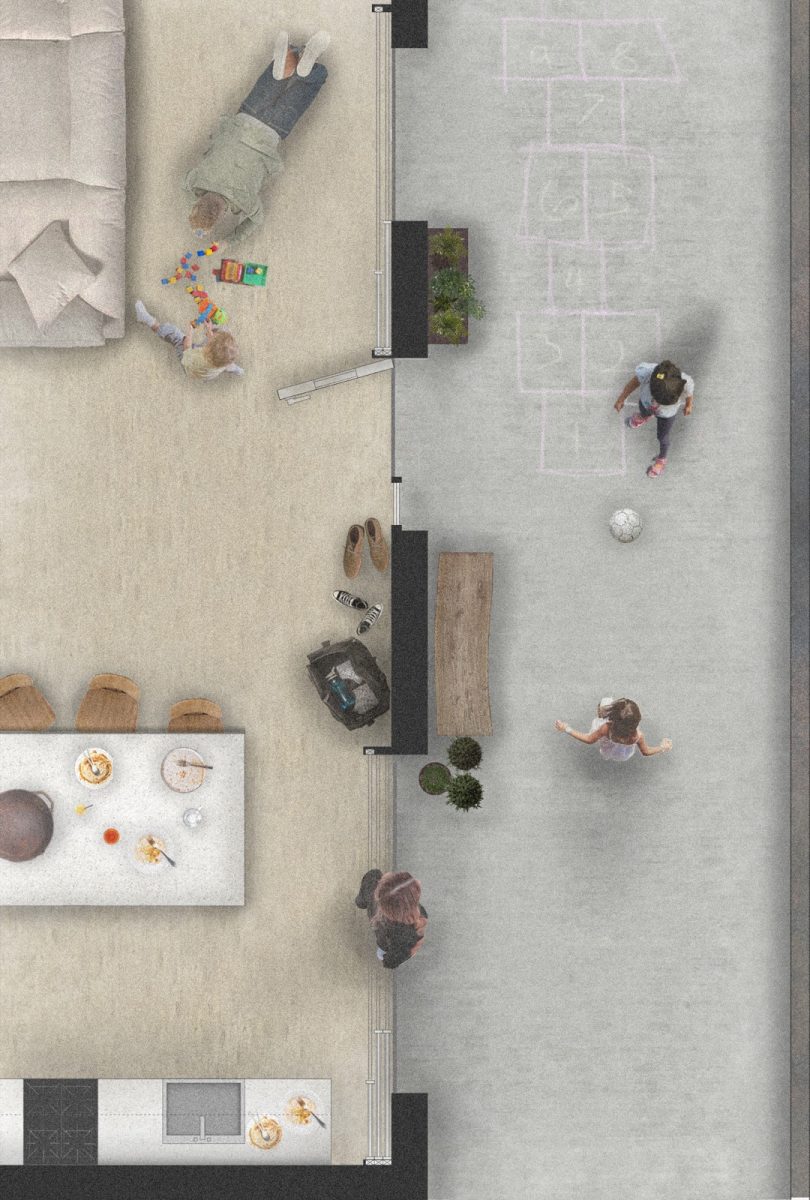
Hannah Crick: Contesting the Municipal: An alternative future for redundant social housing typologies of the past 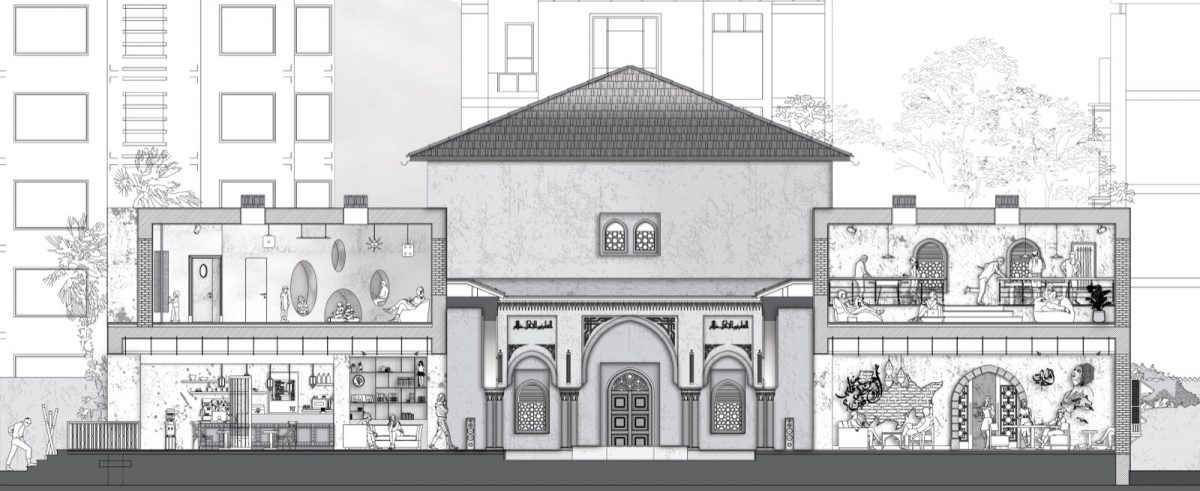
Shaimaa Omar: In-between: Home away from home
Students:









